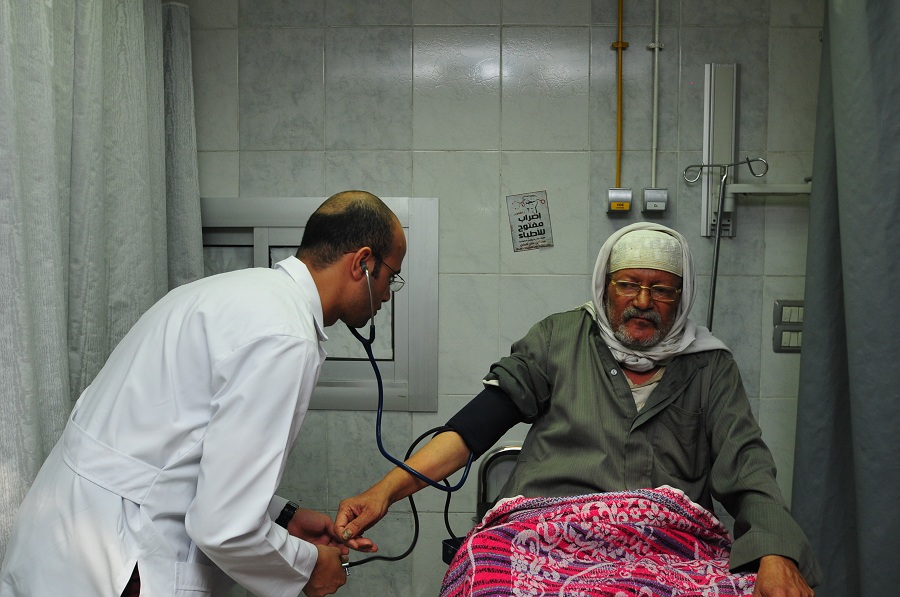The Central Agency for Public Mobilisation and Statistics (CAPMAS) announced in a press release on the occasion of the International Day of Families, observed annually on 15 May, that 50.9% of the Egyptian population are subscribers to or beneficiaries of health insurance.
The CAPMAS also said that 10.3m families live in urban areas compared with 13.1m families in rural areas.
Concerning the average size of a family, the CAPMAS stated that it is four persons—3.9 in urban areas and 4.2 in rural areas.
In terms of the illiteracy rate, the CAPMAS stated that it is, on average, 25.8% among the Egyptian population (10 years and over), while the percentage among females is 30.8% versus 21.1% for males.
Concerning the access of Egyptian families to public utilities, 99.7% of households are connected to the national electricity network—99.8% of urban households and 99.6% of rural households.
“97% of households are connected to the public water network—98.8% in urban and 95.5% in rural areas; meanwhile, 55.9% of households are connected to the public sanitation network (90.6% in urban, 28.5% in rural),” according to the CAPMAS.
The CAPMAS reported that an average 7% of Egyptian households live in a dwelling according to the old rental system—12.9% in urban and 1.1% in rural areas.
Meanwhile, “7.2% of households reside in a new rental housing, 11% in urban and 3.4% in rural areas; 55.3% of households have an owned home (47.3% urban, 63.5% rural); and 6.6% of households have a donated home (3.5% urban, 9.6% rural).
International Day of Families was adopted by the UN General Assembly in 1993 to reflect the importance of households and to urge all states, formal, and informal bodies to improve household living standards in order to promote effective family units in comprehensive development.
The day’s theme for 2018 is “Families and inclusive societies” to explore the role of families and family policies in advancing the UN’s Sustainable Development Goal 16 in terms of promoting peaceful and inclusive societies for sustainable development.


